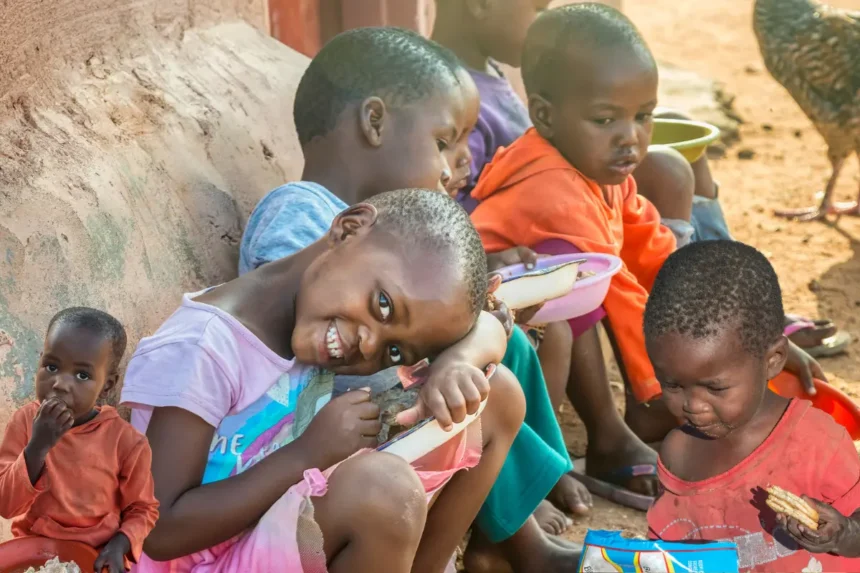Nigeria currently ranks second globally for the number of stunted children, with a national stunting rate of 32% among children under five. This condition, caused by chronic undernutrition, leads to irreversible physical and cognitive damage. Despite its severity, the response has been limited: approximately 2 million Nigerian children suffer from severe acute malnutrition (SAM), yet only 2 out of every 10 affected children currently receive treatment.
Malnutrition is a major underlying or direct cause of death in nearly 45% of under-five child deaths in Nigeria. It’s a crisis that threatens not just the health of the nation’s children, but also the country’s long-term economic and social development. In addition to children, about 7% of women of childbearing age in Nigeria suffer from acute malnutrition, which can increase the risk of complications during pregnancy and negatively affect infant health.
The first 1,000 days of life—from conception to a child’s second birthday—represent a critical window of opportunity to prevent undernutrition and support lifelong health. Yet, progress remains slow. Only 17% of infants in Nigeria are exclusively breastfed for the first six months, a key recommendation for early childhood nutrition. Furthermore, just 18% of children aged 6 to 23 months are fed diets that meet minimum standards for nutritional adequacy and diversity.
You May Also Want to Read: World Bank Projects Rise in Poverty Levels in Nigeria Through 2027.
The crisis is particularly severe in northern Nigeria, where both stunting and wasting are more prevalent due to poverty, food insecurity, conflict, and lack of access to health services. These forms of malnutrition are not only life-threatening but also contribute to poor cognitive development, poor academic performance, and low productivity in adulthood.
According to estimates, Nigeria could be losing up to 11% of its Gross Domestic Product (GDP) each year due to the long-term economic impact of malnutrition—through reduced educational achievement and decreased labor productivity. This economic burden highlights the urgent need for a coordinated national response.
You May Also Want to Read: Nigeria’s Poverty Crisis: Political Leaders Clash Over Responsibility.
Organizations such as UNICEF are working with the Nigerian government and partners to strengthen nutrition systems, particularly targeting mothers, infants, and young children in vulnerable communities. Key strategies include scaling up access to therapeutic foods, promoting exclusive breastfeeding, and providing life-saving nutrition education and support in both stable and emergency settings.
Ending malnutrition in Nigeria requires investing in maternal and child nutrition, especially during the first 1,000 days of life. Improving access to nutritious food, clean water, healthcare, and education are essential steps toward breaking the cycle of poverty and underdevelopment. By acting now, Nigeria can secure a healthier future for its children—and for the nation as a whole.
















